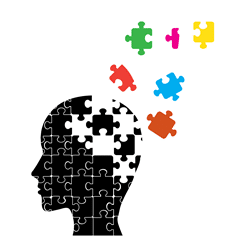Providers of communities servicing the elderly can attract more residents/clients and families by incorporating services such as music therapy that will enhance the lives of its customers. As humans, music resonates within the depths of our soul. It brings joy, laughter, and a sense of peace especially music derived from our cultural background or that of our ethnicity. 
According to Dassa & Amir (2014) of the Journal of Music Therapy people living with moderate to late stages of Alzheimer’s when provided with music therapy can aid in their limited speech and clarity in pronunciation, which in effect can create moments for meaningful conversations. Within this study, people with Alzheimer’s were presented with music, in particular, the singing of old tunes in a group setting. Such songs that were familiar to those people evoked happiness among them because no doubt the music brought back positive memories. Songs especially linked to their past and those associated with “social or national identities,” Dassa & Amir (2014), had the most significant effect in meaningful conversations after the therapy session was over. The results of the therapeutic music transcended memories that were embedded in the minds of the people under study but were inaccessible due to limited conversations, the unfortunate effect of Alzheimer’s. Memories of past experiences linked with familiar songs had a special connection to the people and their renewed ability of alertness causing them to participate in talks that gave them a renewed sense of life and appreciation for others around them. After singing the old tunes, the people were eager to participate in spontaneous discussions about the memories the music evoked. They communicated requiring no prompts to engage in the conversation. The people “expressed positive feelings, a sense of accomplishment, and belonging,” Dassa & Amir (2014).
If more providers incorporate meaningful programs or activities geared toward the development of improved memory for the elderly, they will be able to attract more potential clients or customers. If the elderly can continue to communicate despite Alzheimer’s or other deteriorating diseases, they will be able to live a fulfilling life knowing that their loved ones and those who care for them are around. People live longer when they are happier and have healthy relationships in their lives.